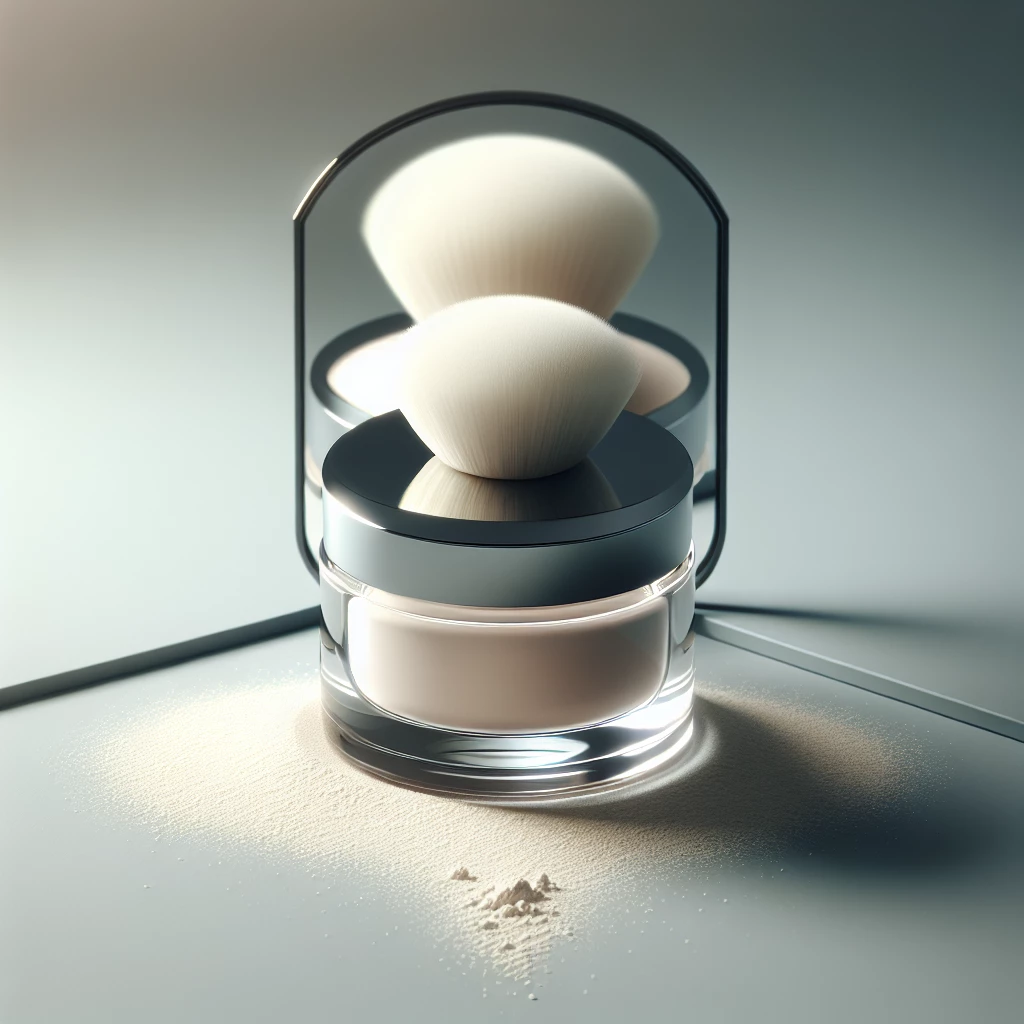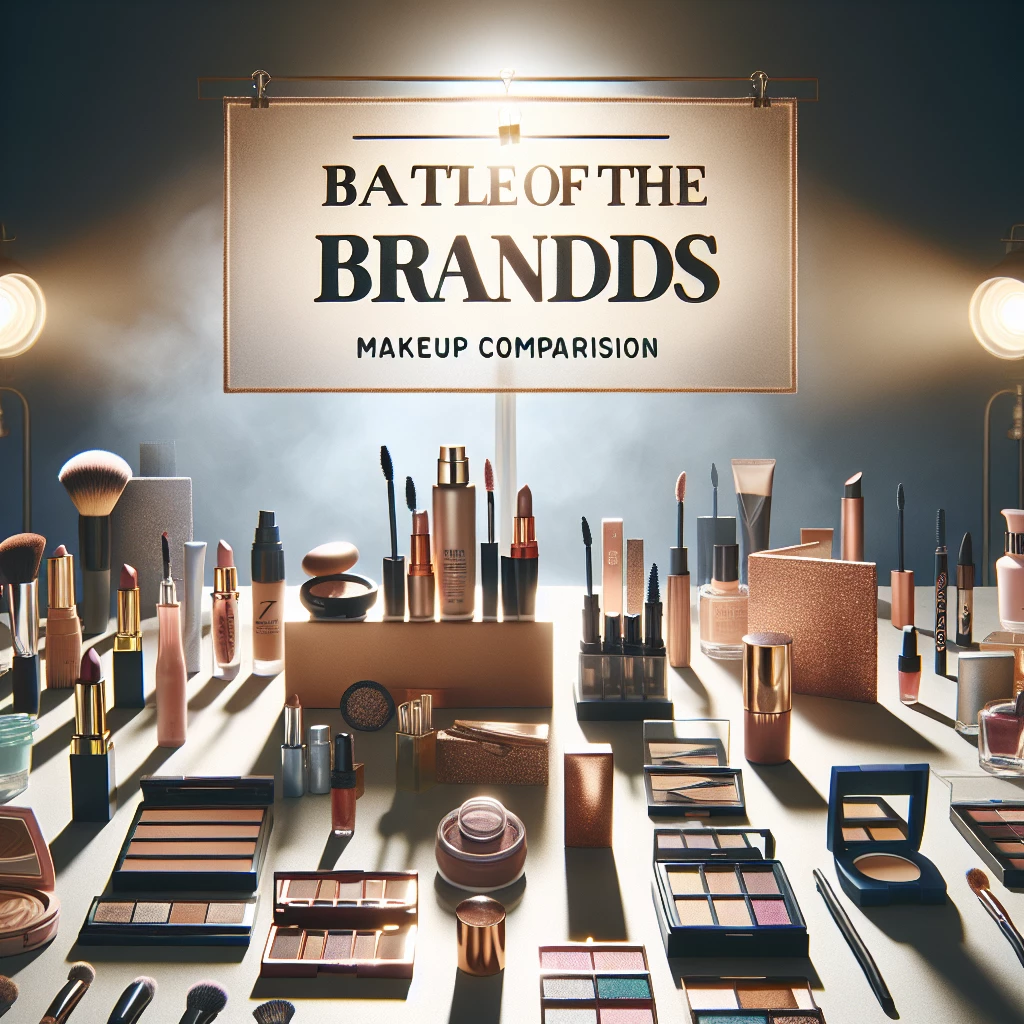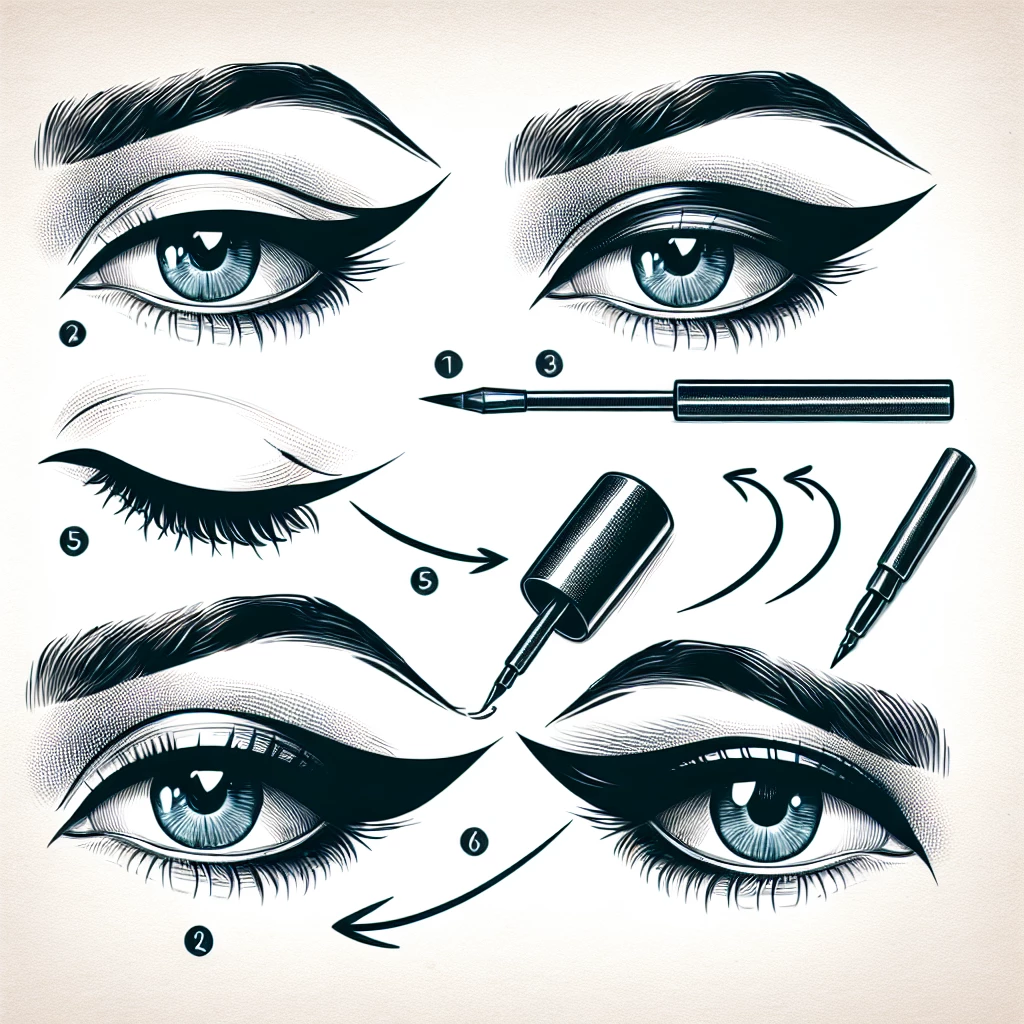Welcome back to Makeup Queens, where we explore all things beauty. Today, we're diving into a topic that garners curiosity and interest—organic makeup. Is it worth it? With the increasing emphasis on sustainability and health, organic makeup has carved a notable niche in the cosmetic arena. But what are the pros and cons of using organic makeup? Let's find out.
Understanding Organic Makeup
Organic makeup refers to beauty products made from ingredients produced without the use of chemical fertilizers, pesticides, or other artificial agents. Just like organic food, the farming methods used for organic beauty ingredients are designed to be kinder to the environment.
But don't be fooled by the term 'organic'. Not all products labeled as such are completely free from synthetic substances. According to regulations, a product can be labeled organic even if only 70% of its ingredients are organically produced.
Organic isn't synonymous with natural either. While all organic products are natural, not all natural products are organic. Remember, 'natural' only means the product contains ingredients from natural sources; it doesn't speak to how those ingredients were farmed.
Organic Makeup: The Advantages
From a health perspective, organic makeup is typically kinder to your skin. That's because it is free from harsh chemicals that can cause skin irritations or allergies. And if you have sensitive skin, organic makeup could be your new best friend.
Organic makeup is also environmentally friendly. Traditional makeup products often contain petroleum-based ingredients and rely on a host of chemicals for their production. Conversely, organic makeup is made using methods that have a lower environmental impact.
And speaking from a makeup perspective, some users report that organic makeup provides a better, more natural finish. The colors are often perceived as more real and less artificial.
Organic Makeup: The Disadvantages
One of the most significant cons is cost. Ingredients grown without chemical fertilizers and pesticides are more expensive to produce, so be prepared to pay a premium for organic makeup.
The shelf life of organic makeup products is generally shorter. That's because they are free from preservatives that help their non-organic counterparts stay fresh for longer. If you decide to switch to organic makeup, make sure you check expiry dates and store products carefully.
In terms of makeup application, some people might find organic makeup less effective. For instance, you may find that the products don't stay put as long, or the pigments aren't as vibrant.
So, is organic makeup worth it? It's a personal choice. If you prioritize your health, the environment, and a natural look, you might find that the pros outweigh the cons. However, if cost, shelf-life, and high-intensity color are top of your list, organic makeup might not be for you. Like any other beauty decision, the key is to understand and weigh your options carefully.

Transform with Translucent Powder
Learn how to use translucent powder to set your makeup and control oil for that flawless finish.

Organic Makeup: Is It Worth It?
Discover the pros and cons of organic makeup, and decide if it’s the right choice for you.

Battle of the Brands: Makeup Comparison
In-depth comparison of popular makeup brands to help you make the best choice for your skin.

Creating a Classic Winged Eyeliner
Master the classic winged eyeliner look with our step-by-step guide.